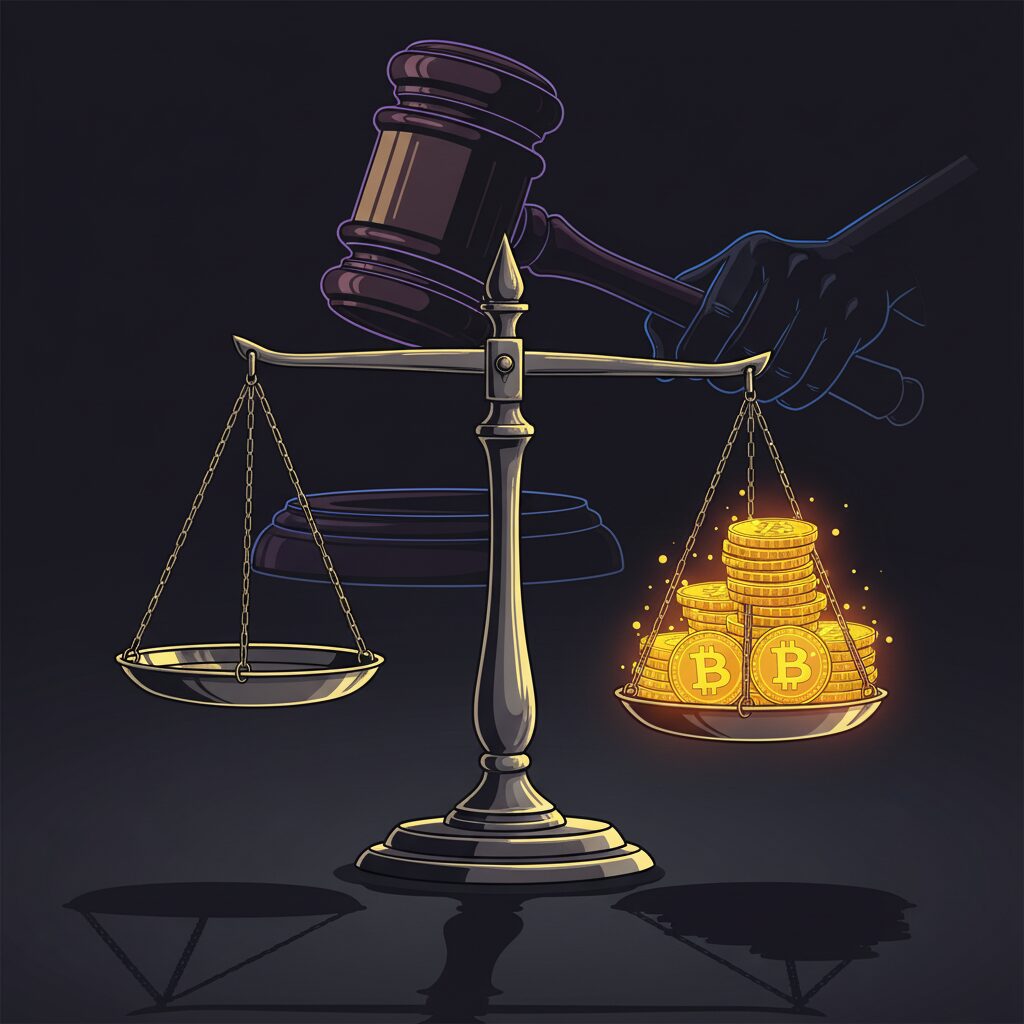New Hampshire Issues First Bitcoin-Backed Municipal Bond in the U.S.

New Hampshire has launched the first municipal bond in the United States backed by Bitcoin. The initiative is a collaboration between crypto asset manager Wave Digital Assets and municipal bond specialist Rosemawr Management, designed to connect traditional finance with the digital asset sector.
According to Wave co-founder Les Borsai, the goal was to create a structure that bridges fixed-income markets with digital assets in a fully compliant, institutional, and globally scalable manner. He described the move not as a single transaction but as the beginning of a new debt market, showcasing how public and private sectors can work together to unlock the value of digital assets.
Fees generated from the bond transaction, along with any appreciation in the Bitcoin collateral, will be directed to the newly established Bitcoin Economic Development Fund. This dedicated fund aims to support innovation, entrepreneurship, and business growth throughout the state.
Supporters believe this bond could set a crucial precedent for integrating cryptocurrency into traditional capital markets. With the global bond market valued at over $140 trillion and the U.S. market alone accounting for approximately $58.2 trillion, this initiative could provide a blueprint for other states to follow.
A State-Level Push for Crypto Innovation
This development is part of a broader trend of crypto-friendly policies in New Hampshire. Earlier in 2025, the state became the first to launch a strategic Bitcoin reserve after Governor Kelly Ayotte signed the measure into law in May. The law permits the state treasury to allocate a portion of public funds into approved digital assets.
Governor Ayotte stated she is proud that New Hampshire is again leading the nation by embracing new technologies. She framed the bond as an innovative way to attract investment and position the state as a digital finance leader without risking taxpayer dollars.
The state’s framework for holding digital assets includes strict eligibility requirements. Assets must have a market capitalization exceeding $500 billion, a threshold that currently limits the state’s reserve holdings to Bitcoin.
State regulators are also considering another significant piece of legislation, the Blockchain Basic Laws Act, which passed the House in May. The bill proposes broad protections for miners, node operators, developers, and users who self-custody their assets. It also suggests creating a specialized blockchain dispute docket within the superior court system.








